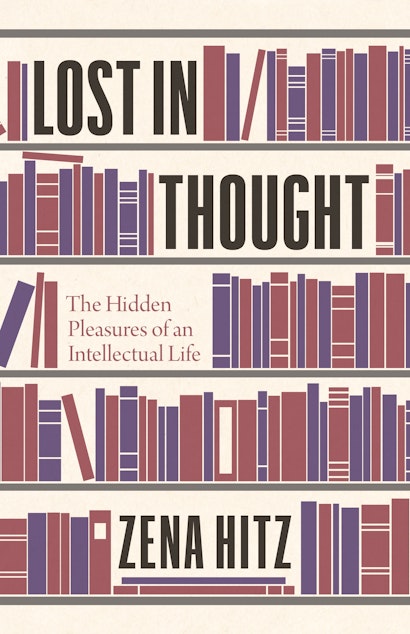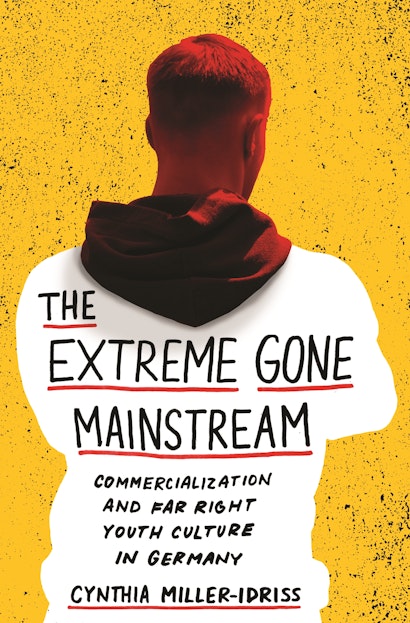In the last year, the student experience has changed dramatically. Dorm rooms were swapped for dorm Zooms as the 2020 Spring Break turned into a permanent evacuation of many campuses. Managing the pressures of a pandemic alongside their studies, students have come to face a range of well-being challenges when it comes to achieving a balanced, holistic and life-building education.
Princeton University Press proudly presents a collection of thought-provoking books that are ideal for first-year and other common-reading programs. Identified by theme and curated with critical-thinking objectives in mind, these titles will engage students and faculty alike in rich discussions of timely, popular, and important subjects, ranging widely from academic and life skills to the most critical issues of our times.
Ahead of the 2021 Annual Conference on the First-Year Experience, we sat down with three of our authors and asked them to think about thinking, pondering questions like “What is the difference between thinking and learning?” “What difference can thinking make beyond the classroom?” and “How do you teach students to think?” Hear their responses here:
About the Authors
Zena Hitz is a Tutor in the great books program at St. John’s College in Annapolis, Maryland, where she also lives. She has a PhD in ancient philosophy from Princeton University and studies and teaches across the liberal arts. She is the author of Lost in Thought: The Hidden Pleasures of an Intellectual Life. Website: zenahitz.net Twitter @zenahitz
Cynthia Miller-Idriss is professor of education and sociology at American University, where she runs the Polarization and Extremism Research and Innovation Lab (PERIL). She is the author of Hate in the Homeland: The New Global Far Right, The Extreme Gone Mainstream: Commercialization and Far Right Youth Culture in Germany, and Blood and Culture: Youth, Right-Wing Extremism, and National Belonging in Contemporary Germany. She lives in Washington, DC. Twitter @milleridriss
Scott Newstok is professor of English and founding director of the Pearce Shakespeare Endowment at Rhodes College. A parent and an award-winning teacher, he is the author of How to Think like Shakespeare: Lessons from a Renaissance Education, Quoting Death in Early Modern England and the editor of several other books. He lives in Memphis, Tennessee.




